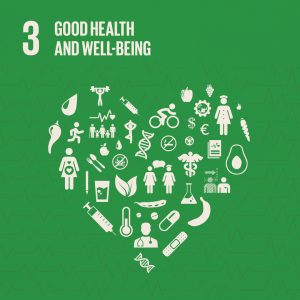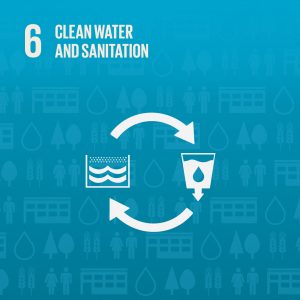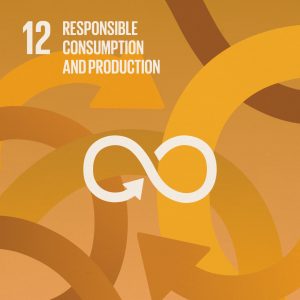by Randy Martin, Office of Sustainability
With this “Purchasing” criteria, ¹STARS is drawing attention to the purchasing power of universities. Collectively universities spend billions of dollars on essential items. According to the National Center for Educational Statistics, the total revenue for degree-granting, postsecondary institutions in the United States was $695 billion. Of Auburn’s $1.6 billion budget, we spent around 18% on “Supplies and Services.” These would be the items an institution needs to run properly, such as furniture, contractors, office supplies, and the like. If other universities are at a similar level, the amount of money spent on essential items could be north of $100 billion. Universities could leverage their collective power if the higher education community operated with a more sustainable purchasing framework. We could influence businesses and the market in a positive direction. Imagine the millions of dollars used for just paper, all being spent on 90%+ recycled-content paper! Universities can send a powerful message and aid the proliferation of sustainable products and businesses if they put their money to good use.
STARS connects purchasing to the following United Nation Sustainable Development Goals:
- Goal 3: Ensure healthy lives and promote well-being for all ages
- Goal 6: Ensure availability and sustainable management of water and sanitation for all
- Goal 8: Promote sustained, inclusive, and sustainable economic growth, full and productive employment, and decent work for all
- Goal 12: Ensure sustainable consumption and production patterns
- Goal 15: Protect, restore and promote sustainable use of terrestrial ecosystems, sustainably manage forests, combat desertification, and halt and reverse land degradation and halt biodiversity loss
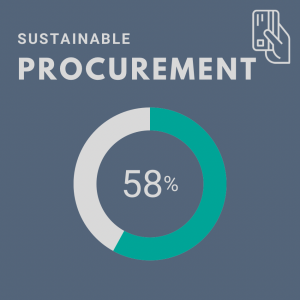
Subcategories
- Sustainable Procurement: Institutions spend significant money on goods and services. With each of these decisions, institutions can choose to support sustainable products or not. This criteria scores an institution’s stated policies and purchasing practices.
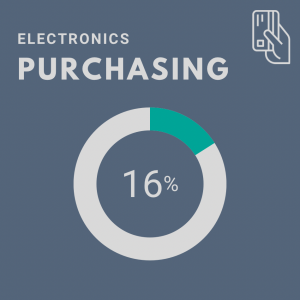 Auburn’s Score: 1.75/3
Auburn’s Score: 1.75/3 - Electronics Purchasing: Electronics are essential items that can take an exceptional environmental toll. STARS scores universities on their support for environmentally preferable electronics. Preferable electronics include EPEAT, Energy Star, and/or ISEAL certified items.
Auburn’s Score: 0.16/1 - Cleaning and Janitorial Purchasing: Keeping a clean and healthy environment is essential to the proper operation of institutions. STARS
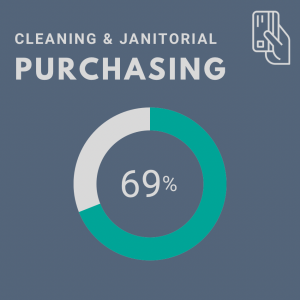 scores participants on their purchase, or their custodial contractor’s purchase, of non-toxic cleaning products. Purchases of Cradle-to-Cradle Certified, Forest Stewardship Council, Green Seal, U.S. EPA Safer Choice label, and other multi-criteria sustainability standard cleaning products are what STARS is looking for in this criteria.
scores participants on their purchase, or their custodial contractor’s purchase, of non-toxic cleaning products. Purchases of Cradle-to-Cradle Certified, Forest Stewardship Council, Green Seal, U.S. EPA Safer Choice label, and other multi-criteria sustainability standard cleaning products are what STARS is looking for in this criteria.
Auburn’s Score: 0.69/1 - Office Paper Purchasing: Institutions, like many large organizations, use a lot of paper. STARS awards
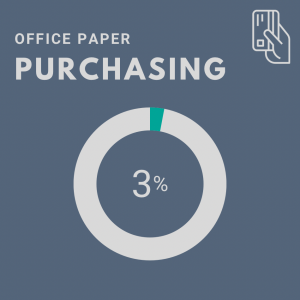 points to those that purchase recycled and third-party certified paper.
points to those that purchase recycled and third-party certified paper.
Auburn’s Score: 0.03/1
Reflections
A foundational step in our sustainability journey is ensuring our purchasing policies align with our sustainability goals. We have several policies working in our favor. Our university’s Sustainability Policy, 2019-2024 Strategic Plan Procurement and Business Service’s (PBS) sustainability statement are all excellent foundations and resources for our institution. Regarding this purchasing criteria, PBS has stated sustainability preferences for paper, cleaning products, electronics, and vehicle rentals. These stated preferences, aided by our office’s Sustainable Purchasing webpage, help faculty and staff make better, sustainable purchases. On the Sustainable Purchasing webpage, faculty and staff can find guides on how to purchase sustainable products through our preferred vendors, explanations of different certifications, and other tips and resources.
I see two things that could improve our score tremendously in this category. First is employing life cycle cost analysis (LCCA) as policy when purchasing energy and water-using products, systems, and building components. LCCA would help Auburn make the most informed decision on the total cost of ownership. Sustainability concerns could be wrapped into that process by including assumptions of negative externalities. Not having LCCA as a fundamental part of our Request for Proposal process costs us a point on subcategory 1.
The second and most effective way Auburn could improve this score would be to deploy a comprehensive sustainable purchasing guideline. Auburn currently has a scattered approach to sustainable purchasing based on the leadership of each department or group. Having a set standard establishing sustainability requirements for all contracts and institutional purchases would be beneficial. I think the best approach would be to work with PBS to build a binding framework that starts simple but could be expanded as time goes on.
There isn’t a lack of local resources on how to purchase sustainably, unfortunately, where Auburn is falling short is in the adoption of sustainable purchasing practices. I think that falls to a lack of requirements. If there is no pressure or incentive to change, then I don’t think we shouldn’t expect any.
Action Steps
Everyone
- Follow the principals of a thoughtful consumer.
- Get to know the company you’re purchasing from.
Employees
- Familiarize yourself with the stated preferences of Procurement and Business Services.
- Purchase university items using suggestions on our sustainable purchasing page.
¹The Sustainability Tracking, Assessment, and Rating System (STARS) program is a self-reporting framework for institutions of higher education to track their sustainability performance created by the Association for the Advancement of Sustainability in Higher Education. Overall, STARS is made up of 211 possible points in 64 different subcategories. The subcategories are grouped by Academics, Engagement, Operations, and Planning & Administration. Additionally, participants may receive extra points for exemplary and innovative practices. In this summary, our score is shown over the amount of possible points for each credit. View Auburn University’s 2022 STARS Report for more details.
Learn about the SDGs & AU and our contributions related to this post.

